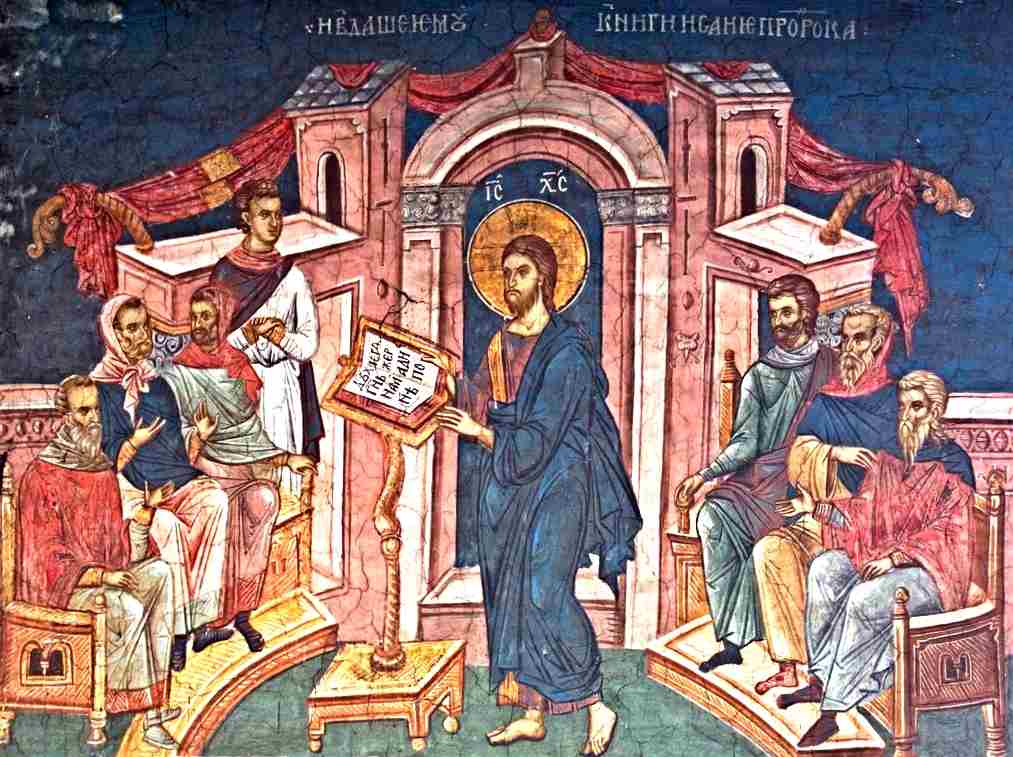
A Strike from the Right (2)
There are many saying of the Fathers in the “Paradise of the Fathers” which deal with the topic of spiritual discernment, the “middle path,” and obedience to a spiritual father.
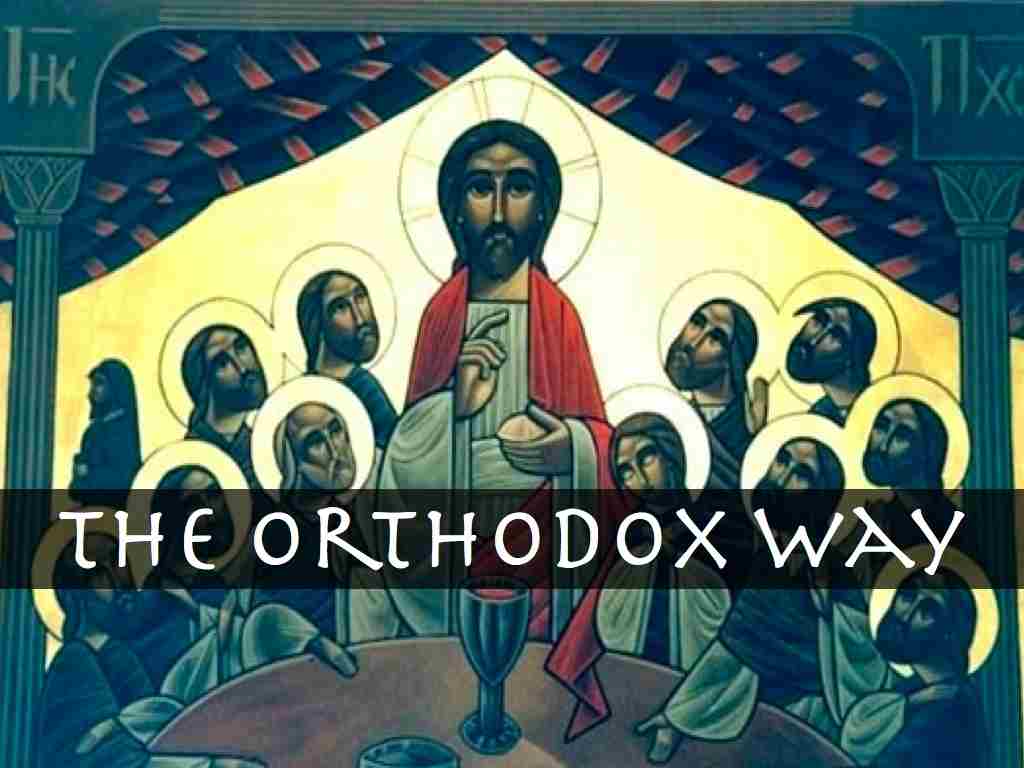
A Strike from the Right (1)
The Orthodox way of life is always characterized by being balanced. Perhaps we know that the word “Orthodox” in the original Greek literally means “straight glory” implying “accurate worship,” so our Orthodoxy should not have any deviation to the right nor to the left.
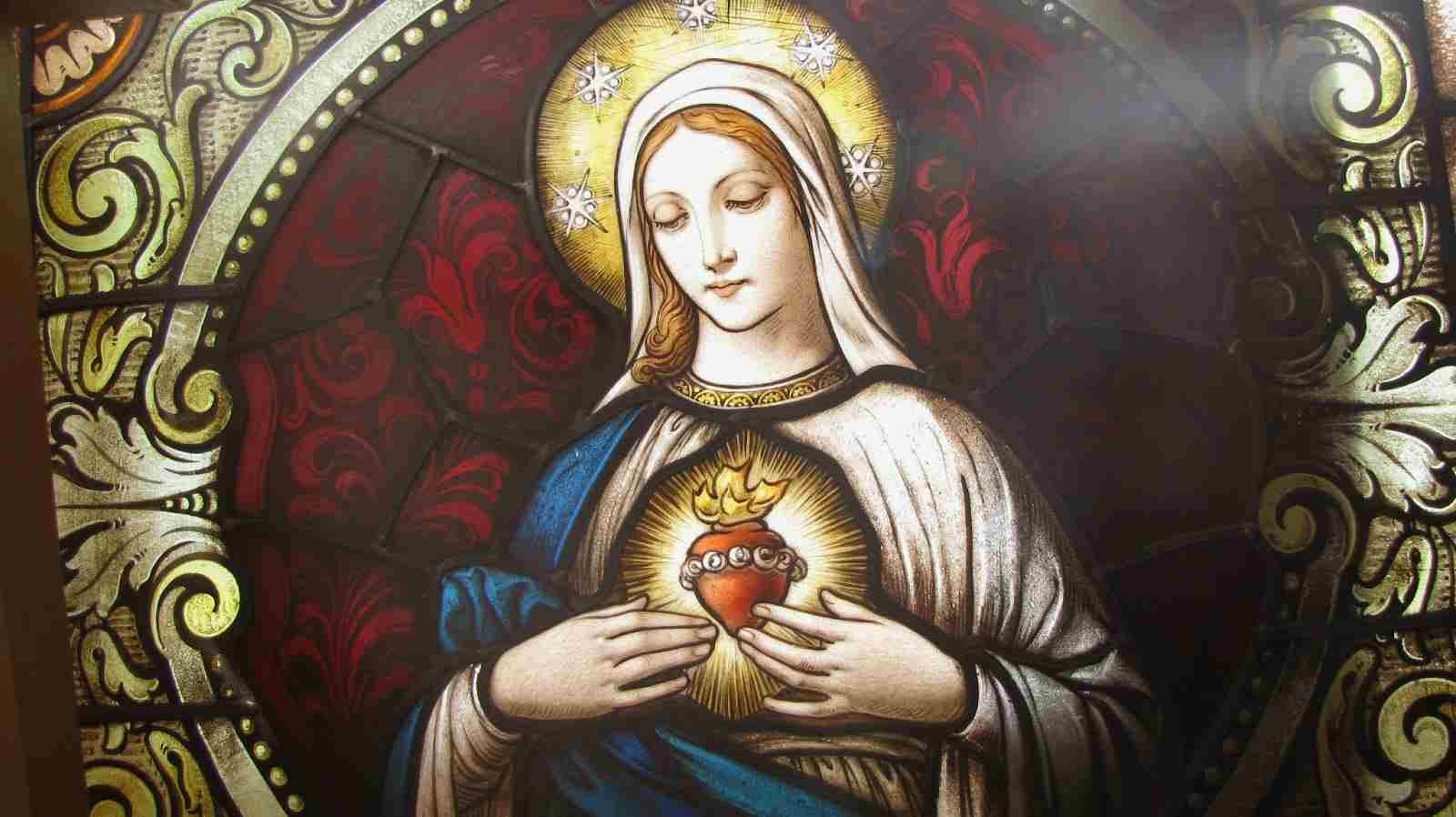
Hail to You O Vine
In a glorification hymn for St. Mary, we say “Hail to you O vine… Whose fruitful branches blossom”. What does this mean? Is St. Mary the vine or is the vine the Lord Jesus Christ as mentioned in John 15?

My Soul is Always in Your Hands
“My soul is continually in Your hands, and I have not forgotten Your law” (Psalm 119:109).
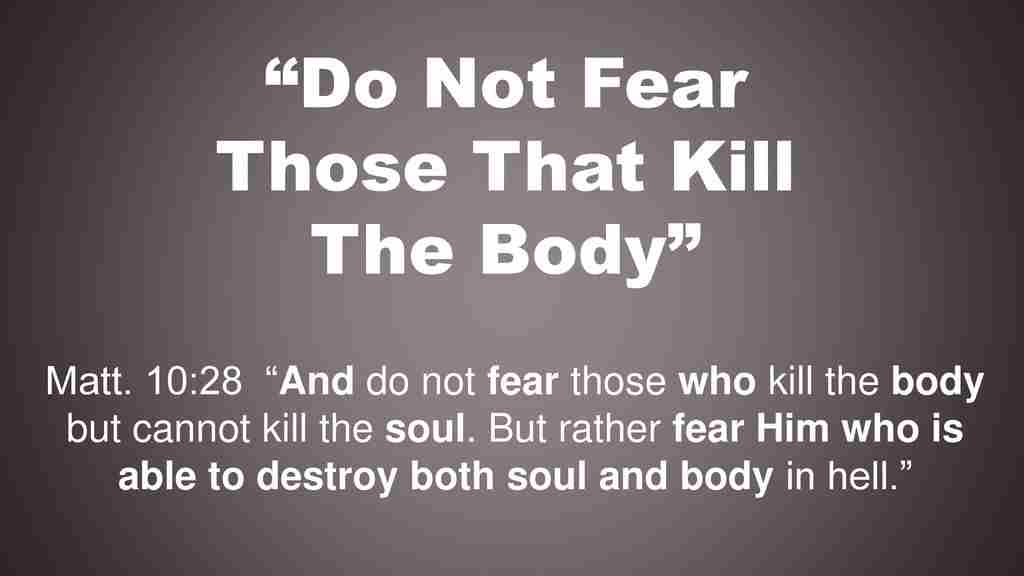
From Wolves into Lambs..!
In a previous article, we talked about our status in the world as lambs among wolves. We asserted that the lambs should never be scared no matter how ferocious the wolves are. They adhere to what the Lord Jesus Christ said: "do not be afraid of those who kill the body, and after that have no more that they can do. But I will show you whom you should fear: Fear Him who, after He has killed, has power to cast into hell; yes, I say to you, fear Him!” (Luke 12:4-5).
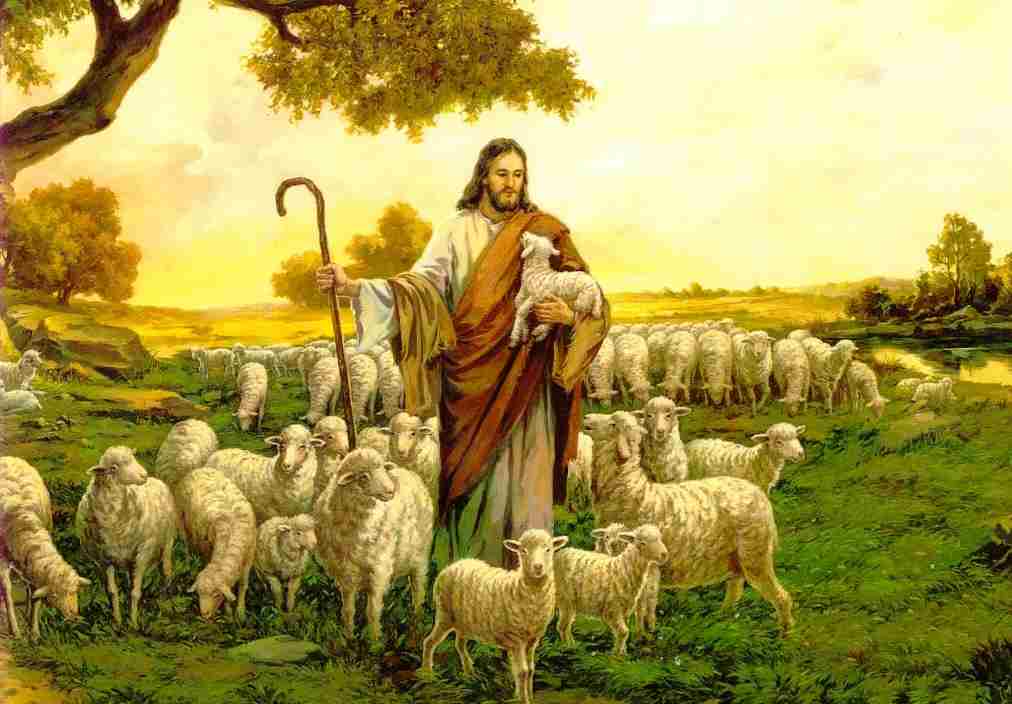
Lambs among Wolves
When the Lord Jesus Christ sent His disciples to preach His Kingdom, He told them: “Go your way; behold, I send you out as lambs among wolves” (Luke 10:3). Of course, the words of our Lord Jesus are directed for all of us since all of us are His disciples and ambassadors to the world. He is the Good Shepherd and we are His reasoning lambs. So what does He want exactly for us?

A Loss in Memory The Blood of the True Lamb
“All the hosts and choirs, heavenly and earthly, Angels and people together, sing joyfully, Because our Lord Jesus Christ, the true lamb Rose from the dead.”
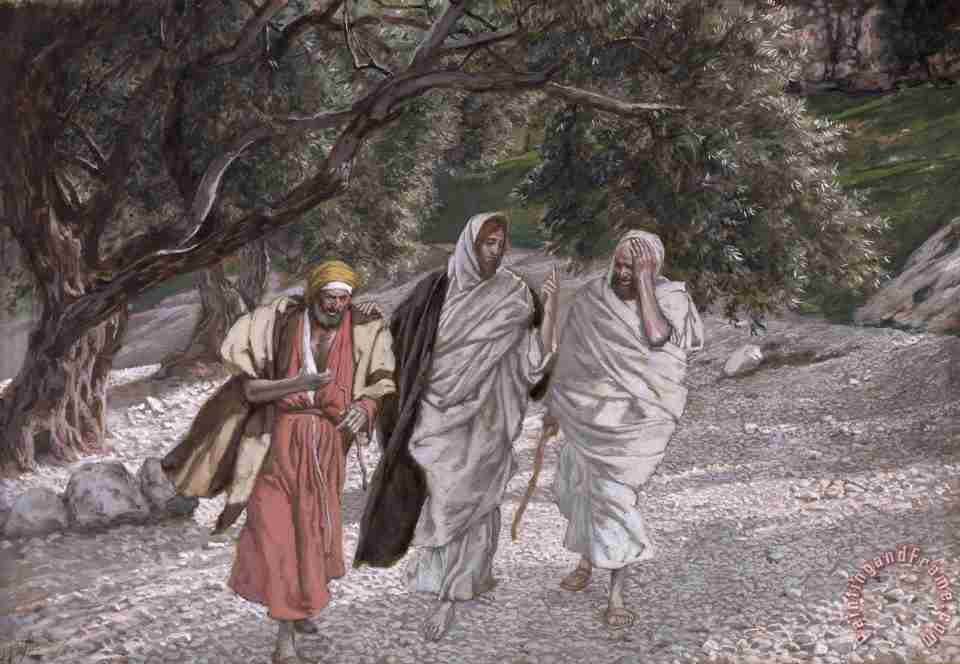
A Loss in Memory
The situation was so shocking and extremely horrible. When they both were exposed to this horrible accident, they lost their memory and their condition was deplorable.

Discussion on Unifying The Dates of the Feasts (9)
- What do you say about the passing of the sun over the face of Ramses II in particular timing every year in February and October? Isn’t that an evidence of the Coptic calendar accuracy?!
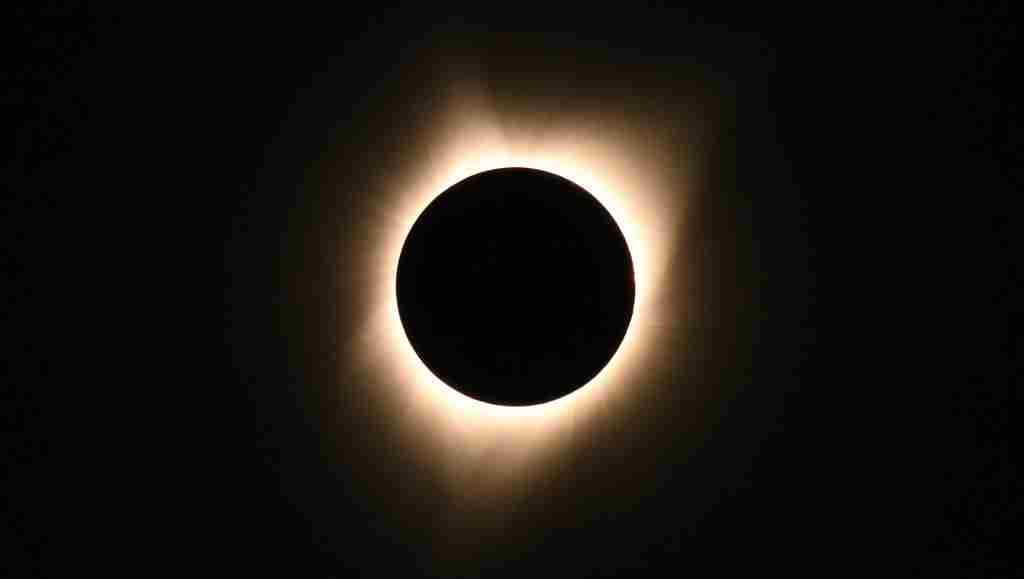
Discussion on Unifying The Dates of the Feasts (8)
Let us continue discussing the different types of calendars:

Discussion on Unifying The Dates of the Feasts (7)
- Can you now tell me exactly what is the right information that needs to be known by the general public on this subject?

Discussion on Unifying The Dates of the Feasts (6)
- I generally think that the Copts in the West did not care much about the unification of the date of Resurrection celebration in comparison to unifying the date of Christmas celebration.